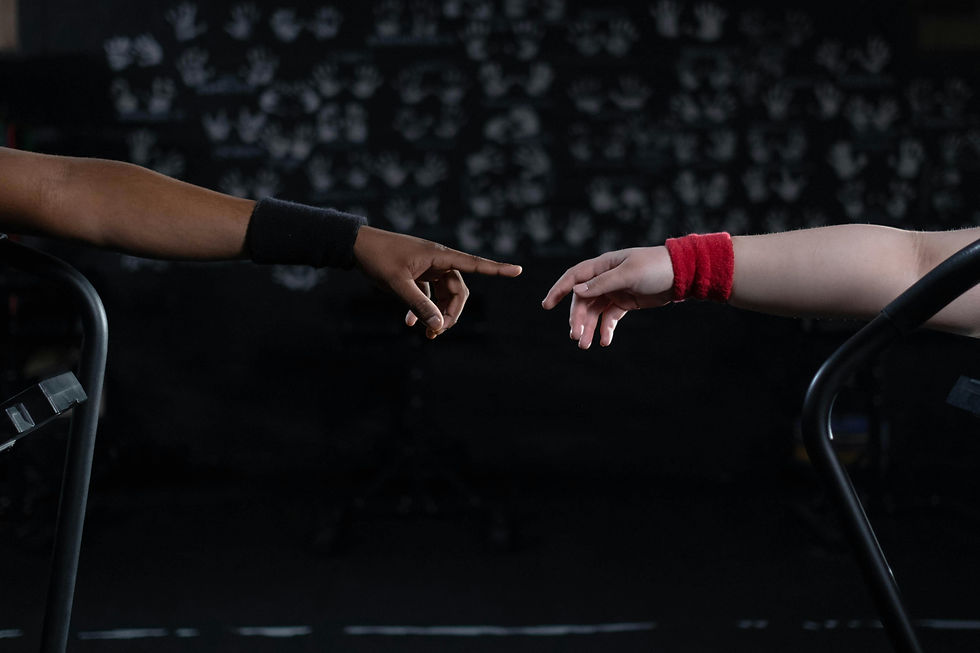Who am I if not my thoughts?
- Imaginal Coaching
- Jan 30, 2023
- 2 min read
Updated: Feb 1, 2023

It's easy to hold tightly onto our thoughts and beliefs, but the truth is, just because we think something, it doesn't necessarily mean it's true. Our thoughts and perceptions are often influenced by various factors, including upbringing, past experiences, cultural beliefs, and personal biases.
One reason why our thoughts may not always align with reality is due to the phenomenon of confirmation bias. This is when we seek out information that supports our existing beliefs and ignore information that contradicts them. Such action can result in a self-reinforcing worldview that reinforces our existing beliefs - few of us like to be wrong and feel more in control of our world when we are
seeking, and finding, validation that we are right.
Another factor that can skew our perceptions is the power of suggestion. When we are disconnected from our sense of self, we may be easily be swayed by the opinions and beliefs of those around us, especially if they hold positions of authority or expertise. Experimenting with our ideas by seeking out multiple sources of information and being open to different perspectives is an powerful way to deepen our understanding of self.
It's important to approach our thoughts and beliefs with skepticism and humility, recognizing that we may not have all the answers and there is always room for growth and change. Our beliefs can also become intertwined with our emotions, making it challenging to consider alternative perspectives or be open to change.
Challenging our beliefs can involve a shift in our identity, which can be a scary and uncertain process. It's why many people cling more tightly to their existing beliefs or avoid the change altogether.
After all, who am I if I am not my beliefs and thoughts?
One way to challenge our beliefs is to actively seek out opposing viewpoints and engage in respectful dialogue. This can broaden our perspectives and deepen our understanding of different viewpoints. Another way is to learn the art of contemplation and engage with your practice regularly.
Our beliefs are (hopefully) always evolving and may change as we encounter new information and experiences. It's important to be open to new ideas and perspectives and embrace a growth mindset. This can be a rewarding and liberating experience that allows us to grow, evolve, and develop a more nuanced and informed understanding of the world and ourselves. The art of contemplation is a skill set that is well worth investing the time and effort into learning. Many people will want to walk that path alone, or with a spiritual advisor, and others will prefer the guided experience a program such as our Your Life's Work will give them.
Remember - just because we think something it doesn't mean it's true. Loosening our grip on our identity, or thoughts and beliefs, can be challenging, but it's also a fulfilling and meaningful process that allows us to grow, evolve, and deepen our understanding of ourselves and the world. By embracing a growth mindset and challenging our beliefs, we can live a more meaningful life.



.jpg)



Comments